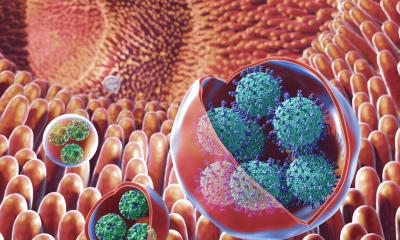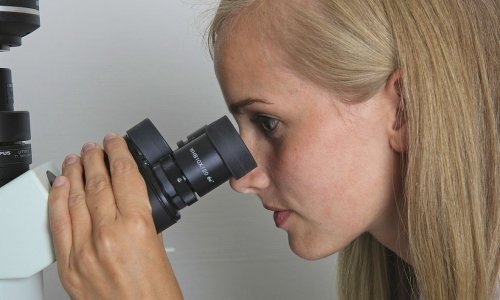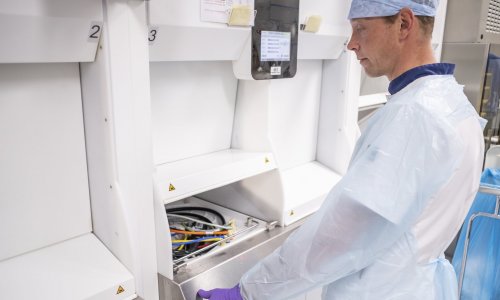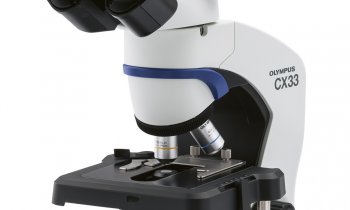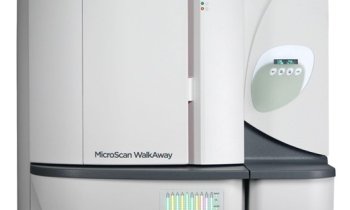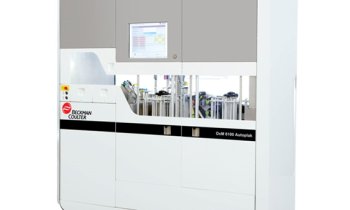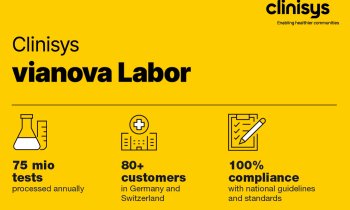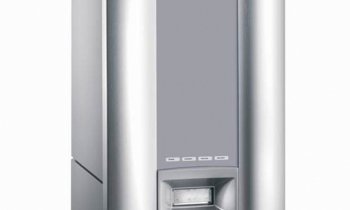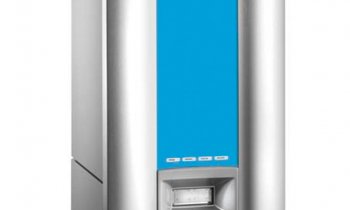Legionella
Insurer initiates preventive hospitals inspection
UNIQA, Austria's leading health insurer* recently initiated a preventive inspection of the technical water lines and systems at around 40 of the hospitals it insures, to identify any possible contamination by Legionella bacterium. Following the inspections many of the hospitals opted to undergo TÜV certification. Their motivation is not only medical concern, but also economic and legal issues.
According to the World Health Organisation about 10,000 people die from Legionnaire’s disease annually. Because an institution, rather than water supplier, is held responsible for the quality of its drinking water, an outbreak is not only a health risk, but has legal repercussions.
‘The authorities are currently extremely active in this area. Upon suspicion of an illness caused by Legionella contamination, facilities are closed and can only be opened again when it can be verified that a risk no longer exists,’ Dr Johannes Hajek, CEO of UNIQA Sachversicherung, pointed out. ‘For this reason we decided to assist all hospitals insured through us in the fight against Legionella by covering the inspection and expert consultation costs.’
Following these, the hospitals can receive a Legionellae-Free Facility TÜV certificate.
The inspections and sharing of the expertise were handled by HWC (Hygienic Water Consulting), a long-term partner of UNIQA in this area.
In the event of contamination, necessary measures are discussed and implemented. In almost all cases, it is possible to get the system under control through adaptation of the usage patterns, UNIQA reports.
* In May, Uniqa Versicherungen AG announced its intention to acquire the entire shareholding of Unita Vienna Insurance Group (transaction due for completion this autumn). With 70 companies under its umbrella in Austria and 15 in CEE countries (Germany, Poland, Switzerland, Italy, Lichtenstein, Hungary, Serbia, Bosnia and Herzegovina, Croatia, Czech Republic, Slovakian Republic, Slovenia, Ukraine and Romania), in 2005 employees numbered 10,000.
01.07.2008



